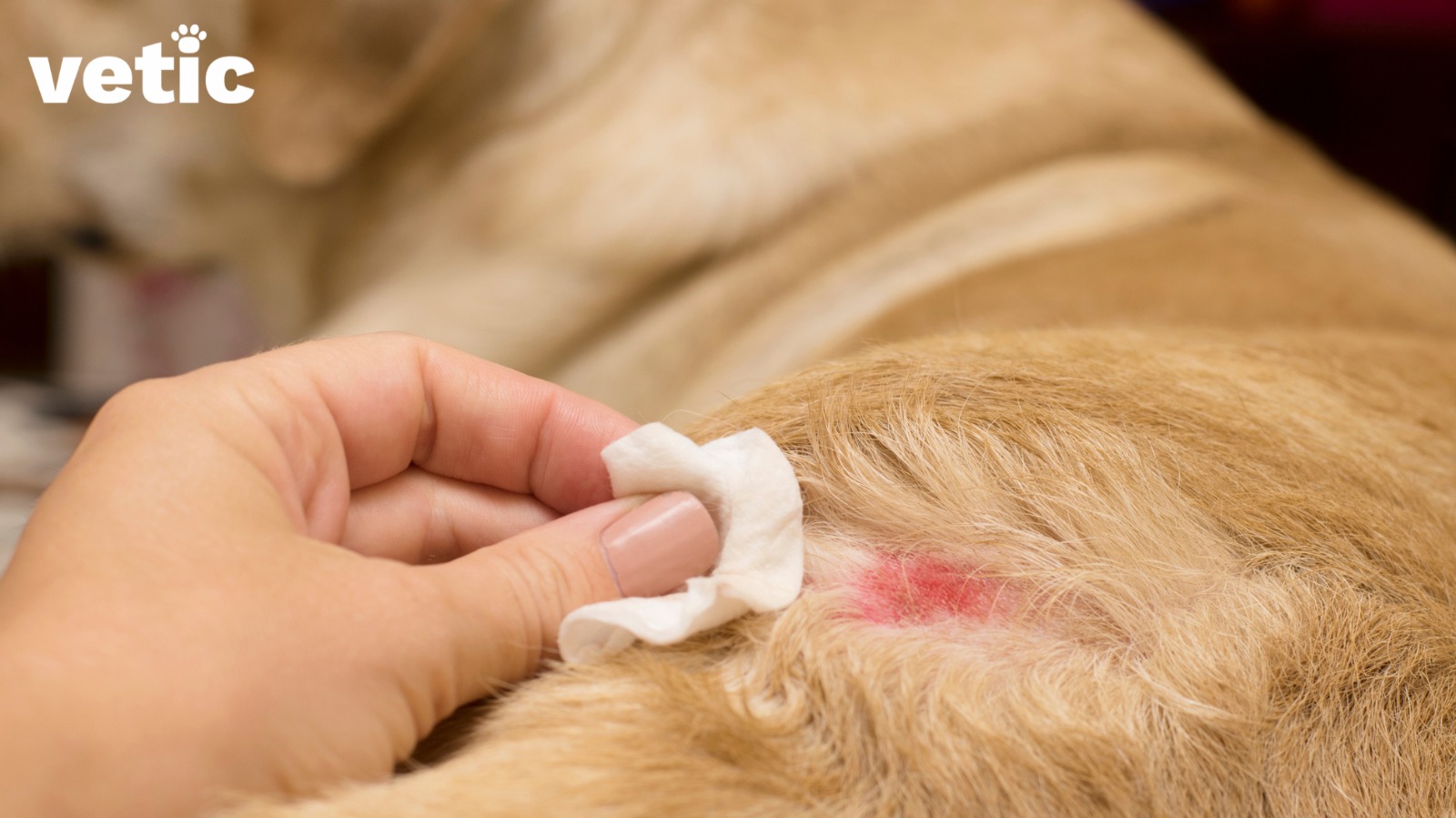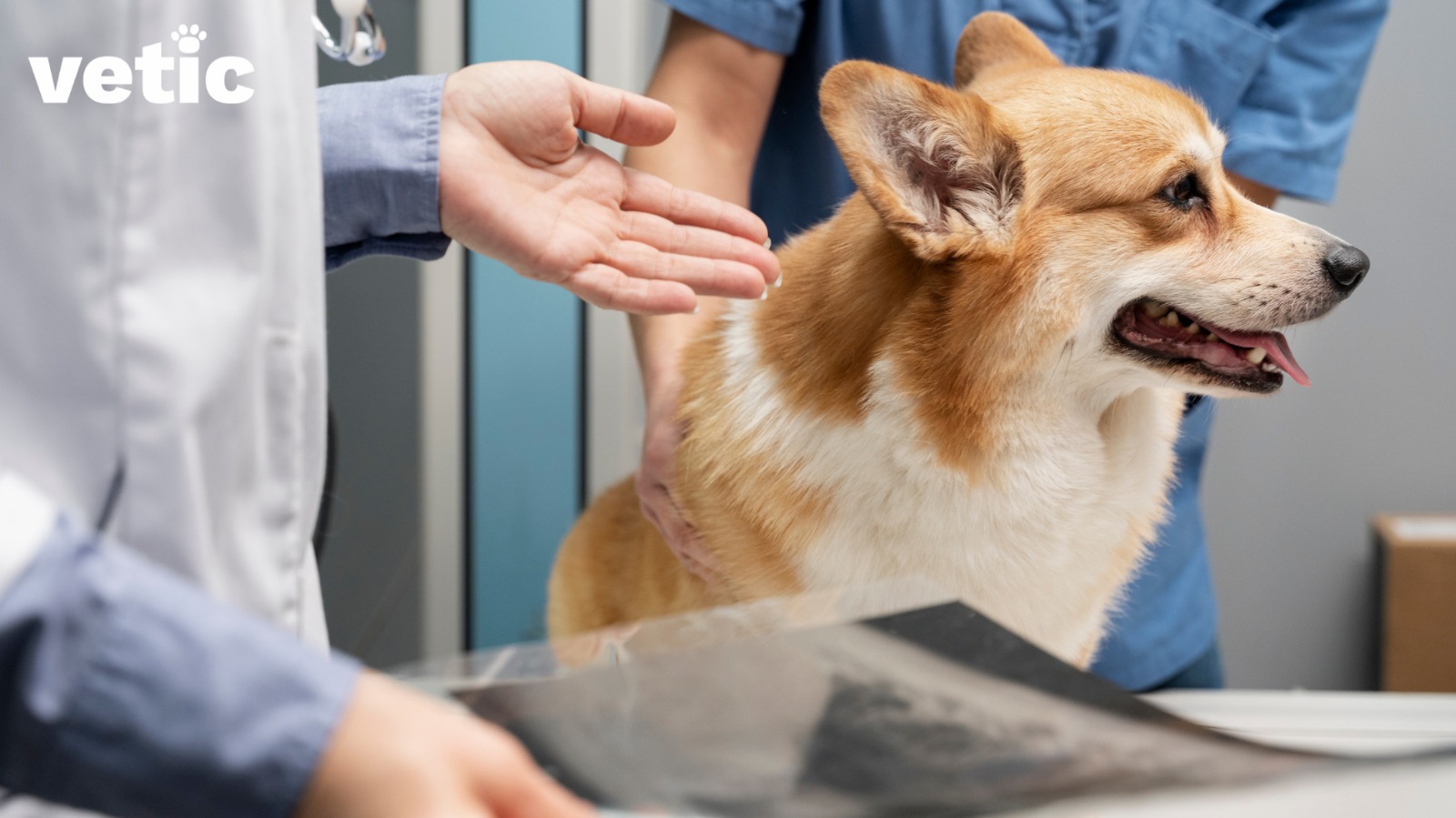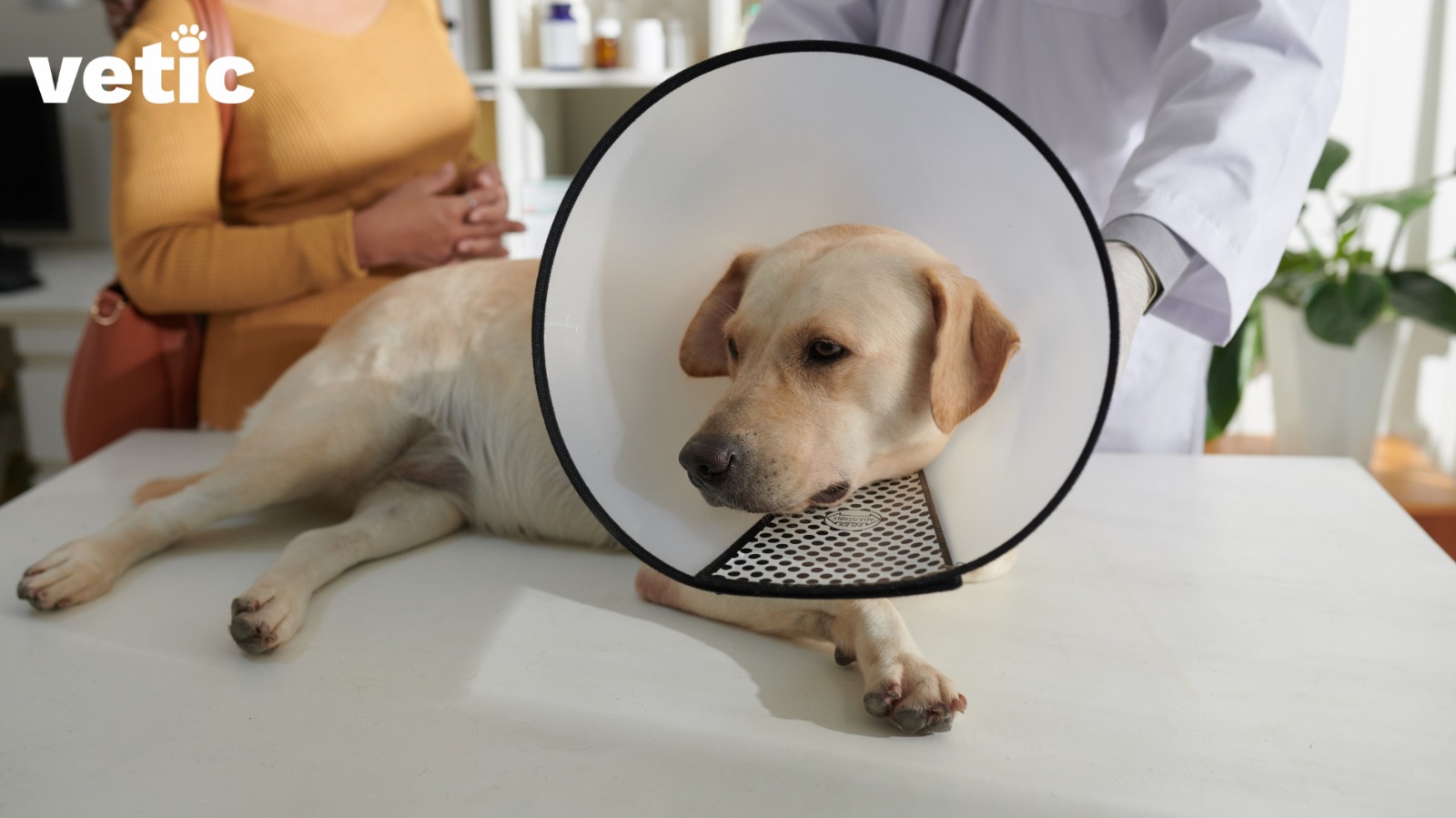Why do dogs bite other dogs?
Puppies often bite because they are teething or playing aggressively. When pups are not trained on time they may continue to bite as adults.
Adult dogs may bite other dogs because they feel threatened, insecure, or anxious.
In the canine world, growling, snarling, snapping,g and biting are communication behavior among dogs. (Just like when the mum dog snaps at her pup for straying too far!)
One pet dog may get bitten by another dog due to breach of territorial boundaries, fights over food or mates, or simply to gain attention from their (human) parent.
However, once the bite has landed, you should think about disaster management rather than the “why” and “what ifs”. Take your dog to the nearest emergency dog clinic immediately!
Your dog is bitten by another dog: what should you do?
If your dog is bitten by another dog, take the contact details of the parent/owner of the other dog and positively ask for their dog’s vaccination details.
Sadly, rabies isn’t the only disease that spreads through bites. So, ask the other pet owner if their dog ever had tick fever (Babesia spp).
If your dog is still angry, anxious and shaking, do not try to pick them up right away. Give them 5 minutes to calm down.
In the meantime, try to assess the locations and severity of the bites.
How do you treat dog bite wounds on your dog before reaching the vet?

Once you are home, check for actively bleeding bites and put pressure on them to stop the bleeding.
If you have a vet on call, ask about pet painkillers that you can give for immediate pain relief.
However, we always recommend taking your dog directly to the vet for wound and pain assessment. There are tens of painkillers available and only a trained veterinarian can tell which one will work best for your pet at that time.
Clean the wound as soon as possible if you cannot reach the vet immediately.
Cleaning a dog bite wound on your dog –
- Wash the bite wound with fresh saline (NS, IV fluid) or plain soap and clean water for 10 mins.
- Pat the wound dry with a fresh surgical gauze soaked in (first-aid) betadine.
- Do not apply any antibiotic ointment without consulting the vet.
- Do not add any disinfectants, such as Dettol or Savlon to the wound or cleaning fluid.
Do not try to apply betadine or antibiotics to wounds close to the eyes, ears, and mouth of your dog. Do not apply betadine to deep wounds.
Take your dog to the vet irrespective of the extent of the injuries.
How to check for dog bite damage?
If your pet is being particularly fussy about a particular body part, point it out to the vet. They may have a been bitten by the other dog there or have an internal injury.
Ways to check for damage after a dog bite –
- Start with the head, ears, neck, and throat.
- Part the fur ever-so-lightly to look at the bite wounds clearly.
- Check the legs and the underside; these areas are most prone to bites.
- Part of the hair on the back and tail.
It is sometimes impossible for pet parents to gauge the extent of damage done by bites by just looking at the puncture marks.
You need to let your veterinarian take a look at your dog’s bite marks to assess the exact severity of the wounds.
How serious are the dog bite wounds?

Dog bites can tear through blood vessels, tendons, ligaments and nerves.
Sadly, some of the very severe cases also cause internal damage including tears of major blood vessels, integral nerves, windpipe and oesophagus.
Oftentimes, dog fights result in damage to the eyes, mouth, teeth, nose and ears.
Dog bites to the limbs can result in permanent joint damage, if left untreated.
Most importantly, a dog’s mouth is full of bacteria (we’re sorry for ruining your & pup’s morning kisses!!!) and dog bites almost always become infected.
Without proper bite would cleaning and treatment there can be localised infections (including abscesses and cellulitis). The bacterial infection(s) from dog bite wounds can also spread through the system and cause systemic infections.
Does your dog need a vet after being bitten by another dog?
No matter how negligible the bite wound, your dog will require veterinary care after being bitten by another dog.
It is common practice for dogs to receive prophylactic anti-rabies vaccines (ARVs) after being bitten by a dog of unknown vaccination status.
At the same time, your vet will examine the bites, give proper meds, and prescribe additional tests as required.
How will the vet treat your dog’s bite wounds?
Irrespective of the care you provide at home, your dog’s bite wounds will require professional cleaning and care.
The vet will firstly give your dog a dose of painkillers so cleaning and debriding of the bite wounds is less painful for your dog.
Then, the vet will clean the shallower wounds with antiseptic and apply topical antibiotics.
The doc will leave most smaller puncture wounds open, so they can heal fast. Larger tears may require suturing. In such cases, your dog will require anesthesia and your vet will recommend pre-anesthetic tests for suturing.
Wounds that are treated by a veterinarian within the first 6 hours of the bite have less chances of becoming infected.
In all likelihood, the vet will recommend painkillers and antibiotics for your dog for the next 5 to 7 days to speed up their healing.
In summary, this is how your vet will treat your dog’s bite wounds –
- Give your dog painkillers for relief
- The veterinarian will wash the wounds with antiseptics and antibiotics
- They will debride the deeper wounds
- The doc will assess if any larger wounds require suturing/stitching
- They may do X-ray or USG to check for internal damage
- The vet will prescribe medication for faster healing and prevention of infection
Follow the vet’s instructions closely and monitor for signs of infection such as pus, bad smell, swelling, pain and fever.
How can I comfort my dog during the treatment of dog bites?

You can offer them their favorite food and treats once they begin eating.
Give them their favorite blanket and bed. Do not try to play with them since they need lots of time to recover.
You can speak to the doc about getting an e-collar for your dog to keep them from licking their bite wounds and nipping at their stitches or bandages.
Speak to your vet in advance about cleaning your dog’s wounds, unless the doc recommends taking your dog to the clinic every 48 hours for examination and bandage change.
How can I prevent another dog from biting my dog?
Here’s how you can lessen your dog’s chances of getting bitten by another dog –
- Don’t let your pet dog roam freely.
- Do not take your dog out for walks or plays in another (pet or streetie) dog’s territory.
- Don’t approach another dog when they are eating or mating.
- If you have a smaller dog, pick them up when another dog approaches.
- Hold your dog on a shorter leash and ask the other pet parent to do the same.
Keep your pet’s rabies vaccine up to date!!!
If you have missed a vaccine or booster, contact your nearest veterinary clinic ASAP.
NOTE: This article is for informational purposes only. This is not meant to serve as a guide for the diagnosis or treatment of pets. Do not change the course or stop treatment of dog bite wounds if your dog has been bitten by another dog without consulting your veterinarian.

